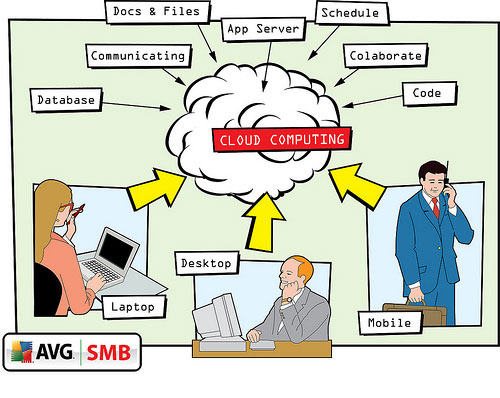More predictions of the African Internet, 1996-1998
Ten months ago, I summarized a handful of archival Western news stories on the subject of Internet penetration in Africa. Generally speaking, in the mid-’90s, there was great hope that Africa’s economic and social woes would be cured by ICT in a matter of years. Many felt that Africa could skip dial-up and dive headfirst into the broadband and mobile age. Others felt that with some international help, it would only be a matter of years before Internet costs came down. (In fact, in 2006 Bill Gates predicted lower Internet costs for Africans by about 2015 – we’ll see if his foresight holds true). Of course, challenges were anticipated, but they weren’t expected to linger a full 12-15 years later. Today, in most areas of Africa, we are still hearing the same predictions and promises. A summary of some additional highlights, since we cannot move forward without understanding the past:
“Third World Pursues Dream on Internet,” The Free Lance-Star (AP), Dec. 31, 1996 (Link):
- 23 African nations have doctors who receive medical advice online
- A former dictator of Benin raised campaign dollars online. The nation estimated the global Internet audience at 45 million people.
- A South African town utilizes e-mail for business development purposes
- Tanzania plans on promoting its tourism industry; Benin plan on attracting jobs via the Internet
“Clinton Pledges Aid for African Schools,” The Argus-Press (AP), Mar. 22, 1998 (Link):
- Promised $120 million to help train teachers and “connect African children to the Internet”
“Booting Up Africa,” The New York Times, May 5, 1998 (Link):
- The U.S. Agency for International Development establishes Internet nodes in Mali, Madagascar, Mozambique and Guinea and is in the process of wiring Benin, the Ivory Coast and four other countries
- An anecdote of a “wired building” in Guinea-Bissau is used to highlight how quickly technology, if applied properly, can progress
- Challenges are acknowledged and a rough two-year timetable is given for the masses to see Internet access
“Africa Is Missing Out on a Revolution (Opinion),” The New York Times, Sept. 24, 1998 (Link):
- One in 5,000 Africans uses the Internet
- Africa is missing out on e-commerce and will have a hard time finding direct investment
- U.S. government has plans to invest $15 million over five years (Leland Initiative); however, African needs billions of dollars
- Developed nations must work together for Africa













 Twitter
Twitter Facebook
Facebook Pinterest
Pinterest